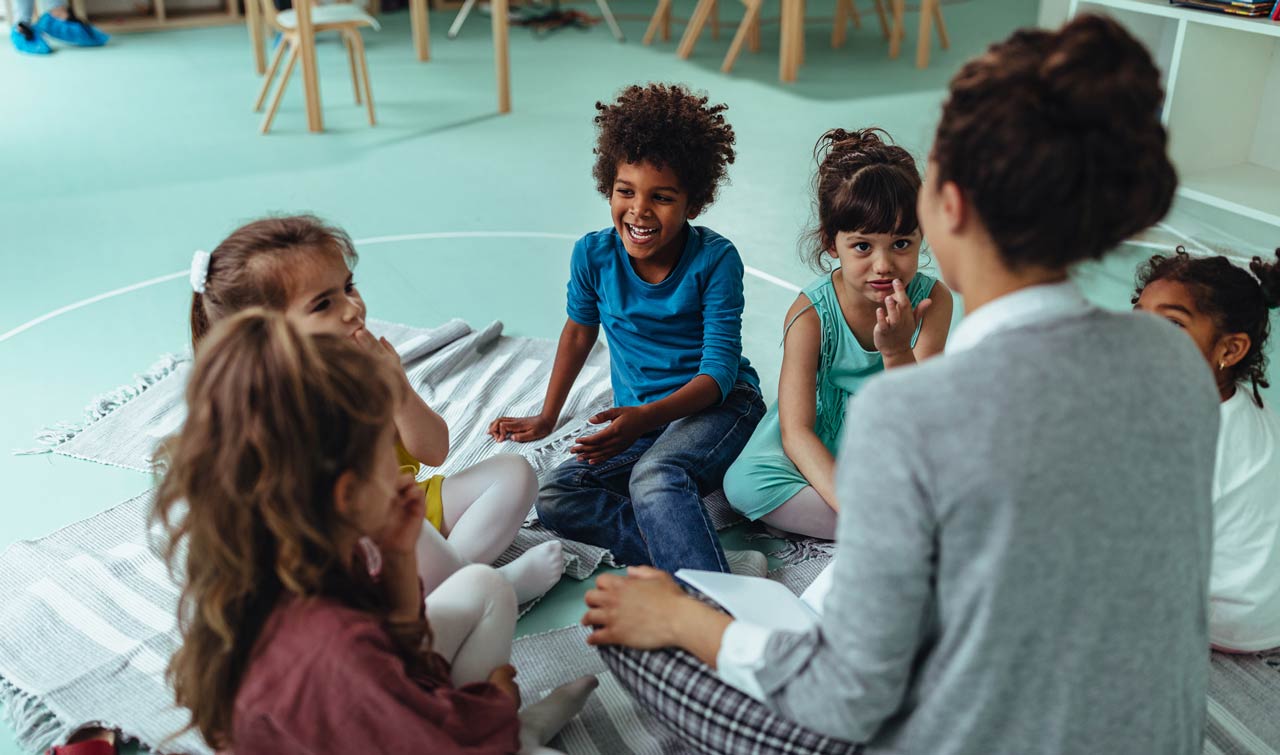March 16, 2020
Due to COVID-19, a pandemic caused by a novel coronavirus, everyone in the United States is tasked with doing social distancing. This is a practice of staying away from others to spread out the rate of infection in hopes of keeping severe cases from occurring all at once and overwhelming the nation’s healthcare system.
Social distancing, in many areas of the country, is being mandated in part by school closings. If your child is home during this time, they may be feeling stress for a few reasons:
- They can’t see their friends
- They are unable to keep up with their studies
- They are concerned about the virus
- They are bored
If your child is experiencing stress due to social distancing, read on for some tips to help ease it for them.
Make a Loose Schedule
Most kids thrive on having structure. When they’re not in school, some of that structure is lost, and that can add to their stress. A schedule your family keeps to at home, even if it’s not terribly rigid, can help deliver stress-reducing routine to your child’s life.
Here are some ideas of what to include on your schedule:
- Brushing teeth and getting dressed
- Shower or bath time
- Meal and snack times
- Quiet reading or storytime
- Art time
- Screen time
- Playtime
- Outside time
- Bedtime
Keep the News to a Minimum
Kids can misunderstand or overinflate news stories about quarantine and COVID-19 virus, adding to their stress and fear. As much as possible, consider limiting their exposure to the news. That includes the adults in the home discussing it too much.
Get Outside
Getting outside while practicing social distancing is a great way to reduce stress for everyone in your home. Fresh air and getting out of the confines of a building plus letting the kids run, jump, and yell will all go a long way in relieving their stress. Also, exercise will release endorphins that can boost everyone’s moods.
Maintain Good Nutrition
It’s critical always, but especially during times of added stress, to maintain proper nutrition and hydration for yourself and your children. When kids are home, they often ask for more snacks than they need. Try making a schedule for meals and snacks and implementing a closed kitchen policy otherwise. Make sure you’re serving vegetables and fruits with every meal, even if they are from a frozen source.
Connect with the Outside World
If there are ways to break the social isolation for your kids using technology, do so. If your child can use video calls to have virtual playdates with friends and relatives, it can go a long way toward relieving stress and filling the hours.
Additionally, many organizations are providing online ways to connect. Zoos are doing live Facebook feeds at set times to show kids the animals and help them learn about them. Public libraries that have closed are doing online book readings. Check with your local businesses and friends and family for opportunities like that for your child’s age group.
Stay Calm, Positive, and Available
Let your child feel your calmness. Discuss what social distancing is and why it’s important. Let them know that COVID-19 appears to be a mild illness in children and healthy adults and that what we are doing is meant to protect those in our society who are more vulnerable and to keep our doctors and nurses able to help them.
Tell your child you’re available to discuss any concerns, worries, or questions they have. Answer all questions honestly but stick to your child’s level of understanding.
Try meditation and yoga with your child to encourage calm and relieve stress.
